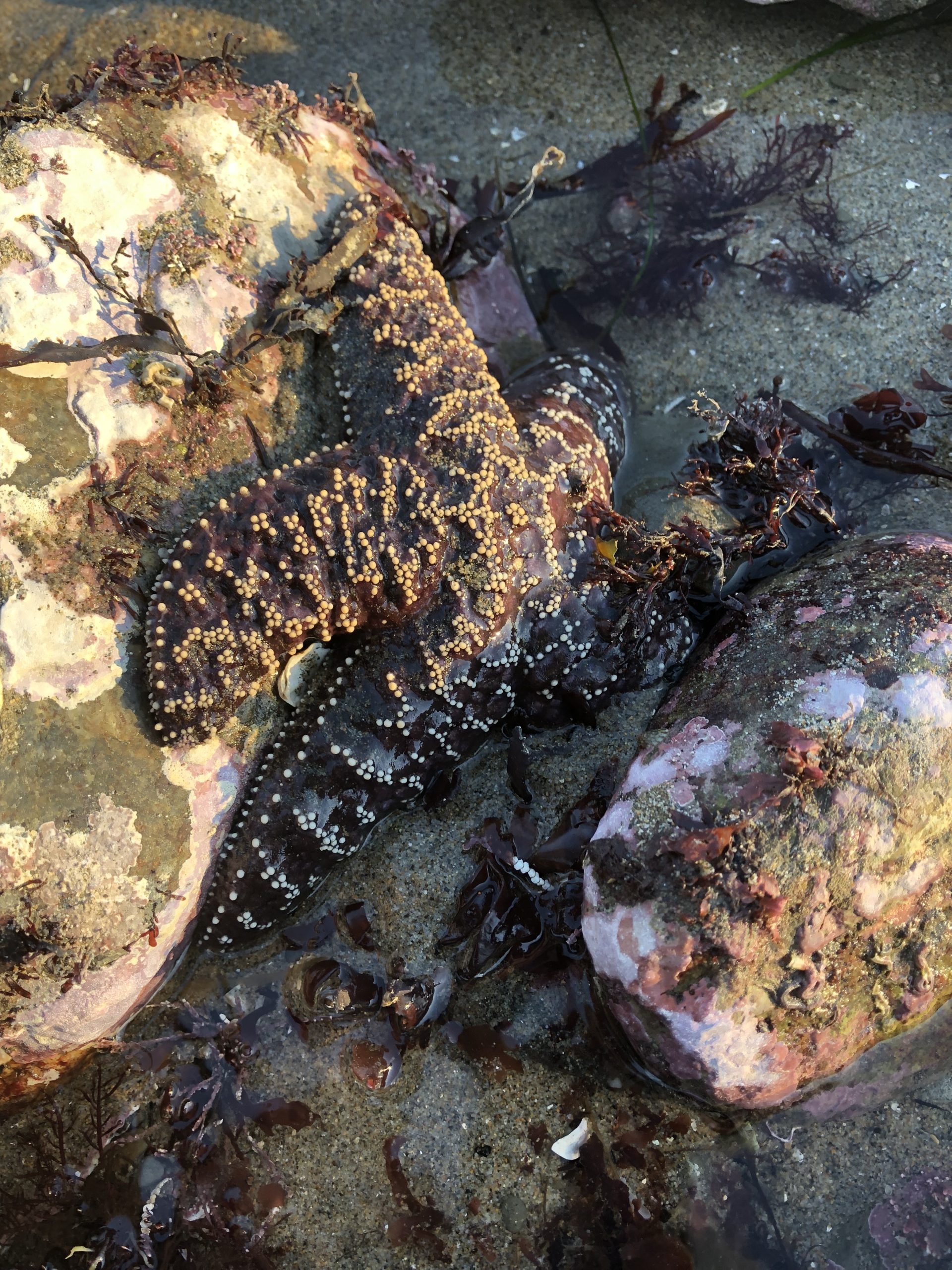The supportive nature of the library as a means for lifelong learning was a major part of what drew me into Library school. Before I even knew I wanted to become a librarian, I knew I wanted to experience what life had to teach me about what I did and didn’t like, and one thing was for sure: I loved to learn. Some may recall the adage, “jack of all trades, master of none,” but I think what opening your mind to new learning experiences actually does is exercise its elasticity and build its empathetic muscle, which in turn helps one become adept at adaptability.
Supporting this belief is the video found in Curtain University’s 23 Things website. The Portfolio page opens with the header, “The future belongs to those who learn more skills and combine them in creative ways” (Robert Greene), which I think is brilliant. Imagine all of the innovative things that could happen if we removed the barriers in our minds that tell us “no”?  The video on the 23 Things page, The Adaptable Mind, highlights real-world examples of how creativity could be used to make significant impacts on human connection and empathy, such as using photos on the front of the people wrapped in PPE during the Ebola outbreak as a way to assuage patients’ fear of the unknown. (As an aside, I used to draw goofy smiley faces in Sharpie on the front of my face mask in the early days of the Covid pandemic for similar reasons–to see s’more smiles.)
The video on the 23 Things page, The Adaptable Mind, highlights real-world examples of how creativity could be used to make significant impacts on human connection and empathy, such as using photos on the front of the people wrapped in PPE during the Ebola outbreak as a way to assuage patients’ fear of the unknown. (As an aside, I used to draw goofy smiley faces in Sharpie on the front of my face mask in the early days of the Covid pandemic for similar reasons–to see s’more smiles.)
Adaptability is often touted as an essential skill for library workers. 23 Things highlights the imperative nature of these soft skills, “curiosity, creativity, initiative, multidisciplinary thinking and empathy – these are all essential human qualities that can help us adapt to change.” Take the Creative Type quiz to find out what type you are (and enjoy the mesmerizing transitions)–turns out I’m the artist!
Thinking about how to learn creatively takes an open mind. Libraries are only just breaking the mold of its traditional paradigm by offering myriad opportunities for its users to use and explore way more than what is contained in its stacks. Santa Cruz Public Library offers free digital literacy courses , tech help and virtual tutoring sessions, as well as a live look at what’s going on in the fish tank (take a peek!) all as services on its website.
Christian Lauersen (2020) describes how the Roskilde Municipality’s Library will support the goal of lifelong learning for its citizens by “dissemination of relevant literature and resources and community programs activate relevant topics, coupled with an intensified effort to provide citizens with the tools and skills to navigate the information landscape…”  They also have a goal of providing “music for everyone” especially “music that does not hit the charts.” What a novel concept and information community/niche for the library to fill! We don’t often equate libraries as purveyors of music, but prioritizing the goal of equal access while also ensuring obscure or local music is the focused content supports the idea that the library wants you to discover something new.
They also have a goal of providing “music for everyone” especially “music that does not hit the charts.” What a novel concept and information community/niche for the library to fill! We don’t often equate libraries as purveyors of music, but prioritizing the goal of equal access while also ensuring obscure or local music is the focused content supports the idea that the library wants you to discover something new.
I have to piggyback off of this and shout out the resource from last week’s module, “A Library’s Listening Lab,” by Chad Mairn and Joe Terrana (2022). I loved this idea SO much. Mairn and Terrana basically took their old CD’s, cassettes and vinyl and made them available for perusal and discovery, along with the players and “old tech” that support them. Listeners can play around with turntables, DJ mixers, CD and tape players and listen to music before deciding to check them out, much like the record and CD stores of days gone by. Not only does Mairn provide the content in physical form, but it is all accessible via iTunes on dedicated PCs in the lab. His love for music discovery and cultivation is palpable and answers the age-old question of, “what am I going to do with all those CDs and mixed tapes??” A music library in the flesh.
(2022). I loved this idea SO much. Mairn and Terrana basically took their old CD’s, cassettes and vinyl and made them available for perusal and discovery, along with the players and “old tech” that support them. Listeners can play around with turntables, DJ mixers, CD and tape players and listen to music before deciding to check them out, much like the record and CD stores of days gone by. Not only does Mairn provide the content in physical form, but it is all accessible via iTunes on dedicated PCs in the lab. His love for music discovery and cultivation is palpable and answers the age-old question of, “what am I going to do with all those CDs and mixed tapes??” A music library in the flesh.
I’ll close with a quote from The Heart of Librarianship, by Michael Stephens (2016): “Providing opportunities to gain knowledge…is key for both LIS professors and librarians.” I would go a step further and say that providing opportunities to support the lifelong learning mindset is fundamental to our craft.
References
Curtin University. (n.d.). 23 things portfolio: Thing – getting started. [Video and still image]. https://23things.library.curtin.edu.au/portfolio/thing-getting-started/
Lauersen, C. (2020, June 23). Learning, culture, community and diversity: New library strategy for Roskilde Libraries 2020. [Still image & content]. https://christianlauersen.net/2020/06/23/learning-culture-community-and-diversity-new-library-strategy-for-roskilde-libraries-2020/
Mairn, C. & Terrana, J. (2022). A library’s listening lab. [Still image & content]. https://287.hyperlib.sjsu.edu/wp-content/uploads/2022/06/MairnListeningLab.pdf
Stephens, M. (2016). The heart of librarianship. ALA Editions.

Oooh I took the quiz: The Visionary!
I feel like the library that we’re discussing this semester is the extension of the school we feel like we either didn’t get (too much testing, not enough exploration and play) or the school we left behind when we graduated and can’t wait to get back to. Why should kids get all the learning fun?
Good call! I know, not enough play is given to adults. My library has a story time for adults, but with developmental disabilities. I feel like many more would be able to tap into the kid in themselves if given the opportunity.
Glad you took the quiz and thanks for reading my post!!
Hi @lauraw,
Life long learning is so important! When my sole focus was that of being a stay-at-home mom and the care/livelihood of my children, in so many ways I felt dried up and missing something. Coming back to school and learning a subject so different than my past studies has opened a new part of me. Learning something new has brought so much happiness and motivation to my life! 🙂
-Laurel
Laurel,
Yaaaayy!! I hear you. Amen, sista! Thanks for reading ; ).
Hi, Laura! I just wanted to comment and thank you for referencing the 23 Things quiz. What a cool and interactive website – apparently I am the “Visionary” creativity type: “Emotional, passion-driven, and full of ideas, the VISIONARY combines a vivid imagination with a desire for practical solutions. Your introspective and intuitive nature is balanced by a keen interest in the world around you and a desire to contribute to society.” I really think the form matches its function in mirroring what it assesses visually in between questions with its surrealist movement and soundscapes; it almost felt like interpreting what was happening in between the questions was more important than the questions themselves, even though I have no idea if they change based on your answers or not. (I felt particularly called out by the question concerning whether you’re a “Restart now” or “Remind me tomorrow” type of person.) What I like the most about it is that it tells you which type of creative your “Ideal Collaborator” would be – for me, the “Thinker” – which I think cuts to the heart of the sentiment of your blog post here; that the value of libraries is what we can learn from the people they’re made of.
Thanks for reading, Mary Joy, and so glad you took the quiz! I know, those transitions were mesmerizing and remind me of what my kids call “ASMR”–sounds that are satisfying, or something…I’ll have to go check out who my Ideal Collaborator is too. If you download the results, it gives you a whole Zip drive of different file types you can use for your image.